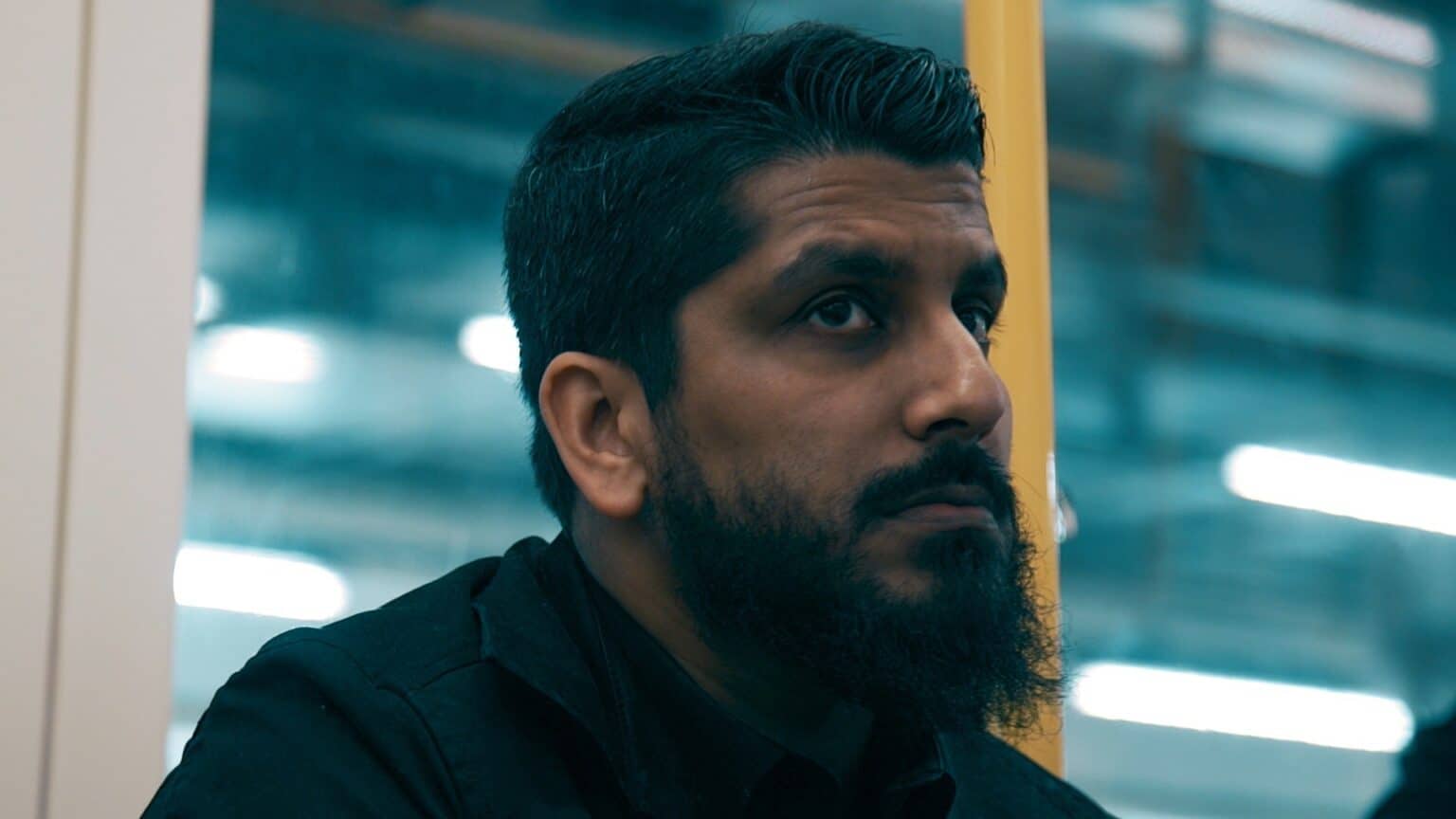



Dir: Kate Stonehill | UK Doc
Digital surveillance is all part of being in the internet age and we go along with it while not being entirely at ease at being spied upon against our will. It’s just one of the downsides of modern life. We share the info, others use it to their own advantage.
Kate Stonehill’s documentary explores a far more sinister form of surveillance. It focuses on our mobile ‘phone use via a new state programme nicknamed “Phantom Parrot” that allows the government to plot our whereabouts at any given moment through our active handheld devices. With the nation’s increased exposure to nefarious elements at UK ports (sea, air or rail) the police have been given enhanced search powers under the 2000 Terrorism Act, and this allows them to crack down on suspects, at will, demanding PIN codes and passwords across all their devices and the further power to confine them to three months in prison, if deemed appropriate.
In 2016, Muhammad Rabbani, a director of Cage, an organisation that campaigns on behalf of Muslims held under war-on-terror laws, came under police suspicion under Schedule 7 of the 2000 Terrorism Act when he travelled back to the UK from Qatar. And he was not the only one stopped. Much the same as your luggage being randomly rifflled through when airport security staff get bored, it’s a similar situation. And nobody likes it but that’s the deal. For some unknown reason Rabbani was subject to a random check at border control and when he refused to comply with police protocol he found himself in court and threatened with prison.
Stonehill became fascinated with his case and decided to make this film with a view to ‘making the invisible world visible’. Luckily for Rabbani, Gareth Pearce, a human-rights lawyer came to his rescue. I, for one, am glad the police are patrolling our borders. That’s what they’re paid and trained to do and we rely on them to keep us safe. @MeredithTaylor
Phantom Parrot is in UK cinemas from 15 March